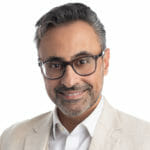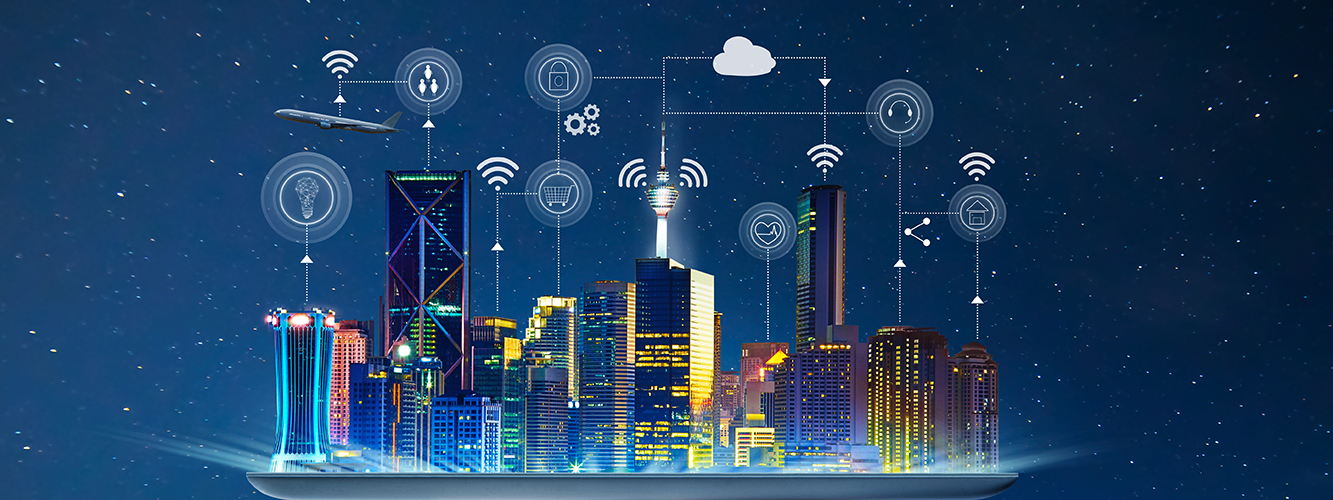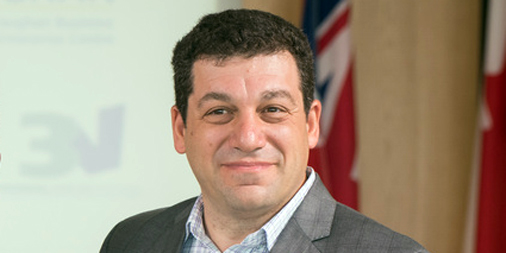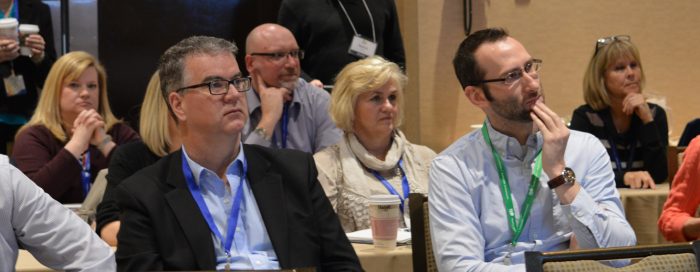The first thought most people have when they hear the term SMART Cities is of a futuristic world, dominated by technology where all innovation is digital and lives in a cloud somewhere. This sometimes brings with it concerns about disruptive change and how it might somehow threaten our privacy and independence.
 While concerns along these lines have dominated recent headlines – and, indeed, there are some that need thinking through – the point of the “smart” in this growing trend is actually not solely dependent on technology at all, says J.P. Gedeon, director of Schulich ExecEd’s newest program, SMART Cities Leadership.
While concerns along these lines have dominated recent headlines – and, indeed, there are some that need thinking through – the point of the “smart” in this growing trend is actually not solely dependent on technology at all, says J.P. Gedeon, director of Schulich ExecEd’s newest program, SMART Cities Leadership.
“I have spoken to many CIOs across the country and they all agree it’s not just about tech, but a challenge to how we think about change,” he says. The key takeaway for him – and a main theme of the program – is to look at how, little by little, innovation reveals what he calls “legacy challenges”, the traditional ways of approaching a service issue, and highlights the need to incorporate broader strategies around project planning, leadership and corporate change.
SMART cannot truly happen, he explains, when innovation, such as technology, is retrofitted to traditional ways of solving service delivery challenges. This patchwork method of updating old procedures often results in complications and higher price tags and missed opportunities to rethink the original problem and incorporate more holistic solutions. One favourite example he cites is of a new state-of-the-art office tower built in Japan that used transistors in an old-style entrance pressure pad, not as a means of automatically opening doors, but as a way of turning the high volume of foot traffic into electric energy for other purposes. It was, he says, an elegant solution using very old technology to turn hundreds of thousands of human footsteps into usable power. The idea for this innovation, he notes, came at the design stage for the new building and not as an afterthought in response to an existing problem.
“This involves a paradigm shift in how we design cities and services by incorporating a multitude of other considerations at the start of a project,” Gedeon says.
The SMART Cities Leadership program starts by introducing participants to the new world of integration, how to be SMART in business processes and the new world of SMART economics. It looks at platform service-delivery models and the future of municipal services where disruptive technologies affect the economics of SMART cities.
The program also studies the relationship between consultants, techies and scientists to better understand the nature of SMART partnerships and includes practical insights from top-flight project managers and visionaries. By looking at the challenges of project design and service delivery differently, participants will be able to integrate SMART approaches into current workflows and projects.
In keeping with a program like this, the program material is delivered both in-class and online to incorporate the benefits of both methods and allow participants to work with and learn from other participants and complete work at their own pace at home.
With feedback from a leading expert in the field, participants will apply their new knowledge and skills by applying insights garnered in the program to a specific project they are undertaking in their workplaces, thereby affording immediate and tangible return on invest for the sponsoring municipality. Insights garnered will present a roadmap to implementation, recommending a SMART alteration, improvement or fundamental conceptualization of a municipal project or initiative in order to increase efficiency, reduce costs, or prime for future development and growth.
The SMART Cities Leadership program starts March 25, 2019. For more information or to register, visit the program web pages. For program content-related questions or to discuss your participation, contact Program Director JP Gedeon or call Schulich ExecEd at 416-736-5079.














